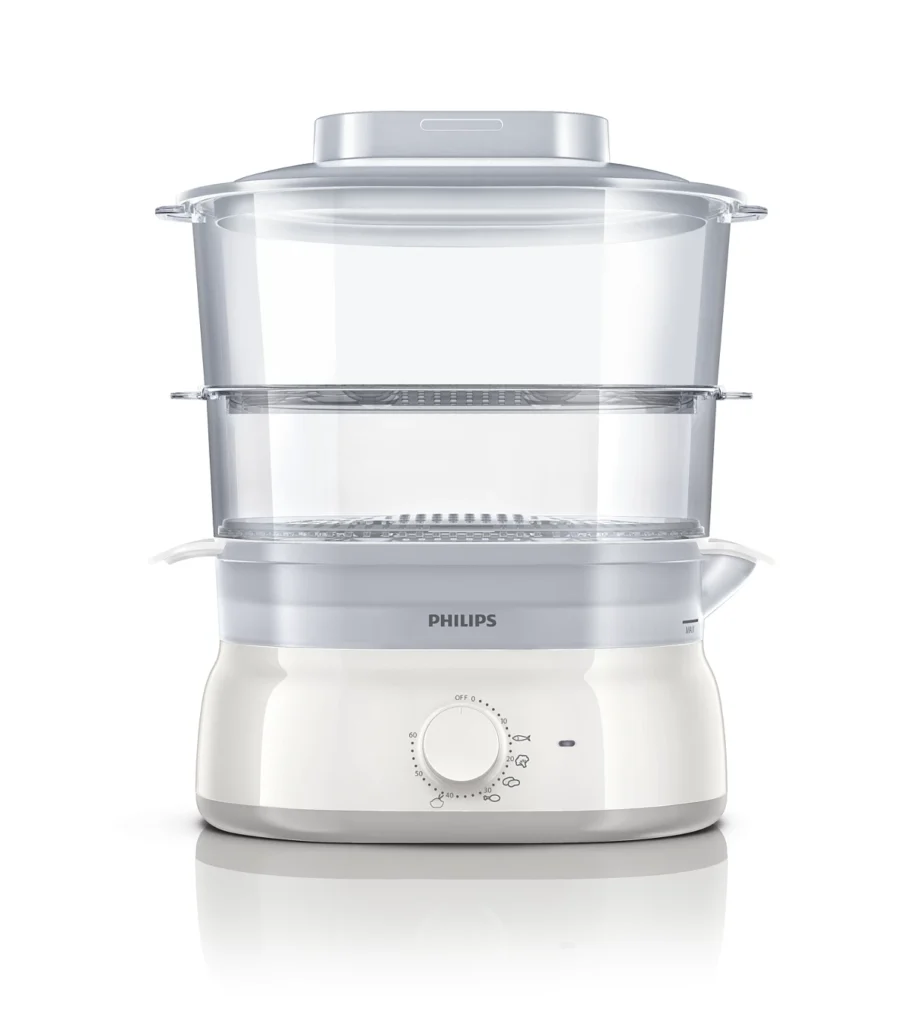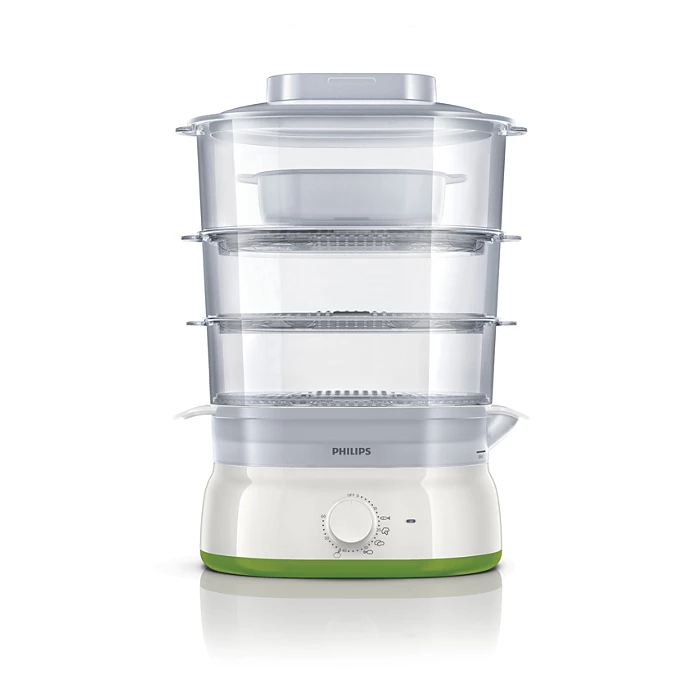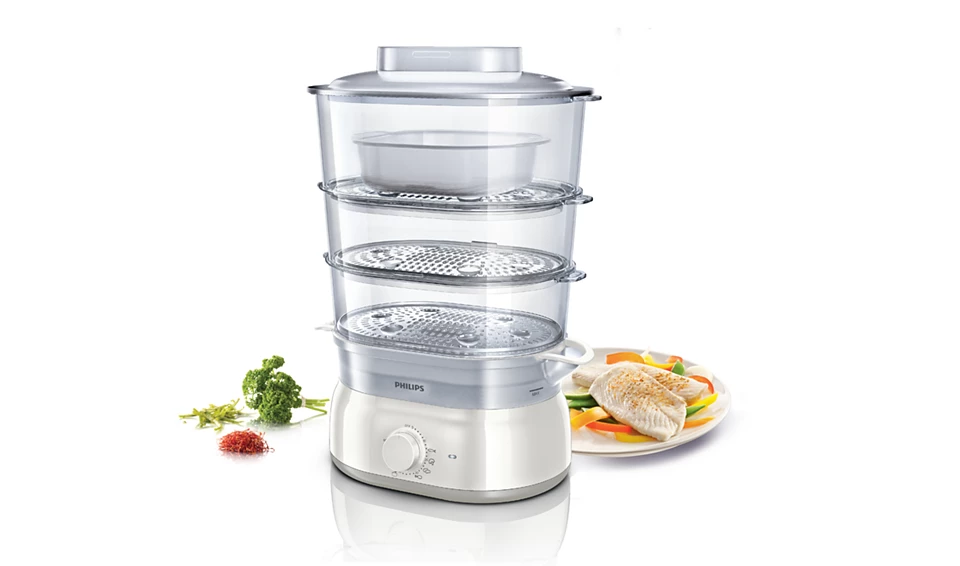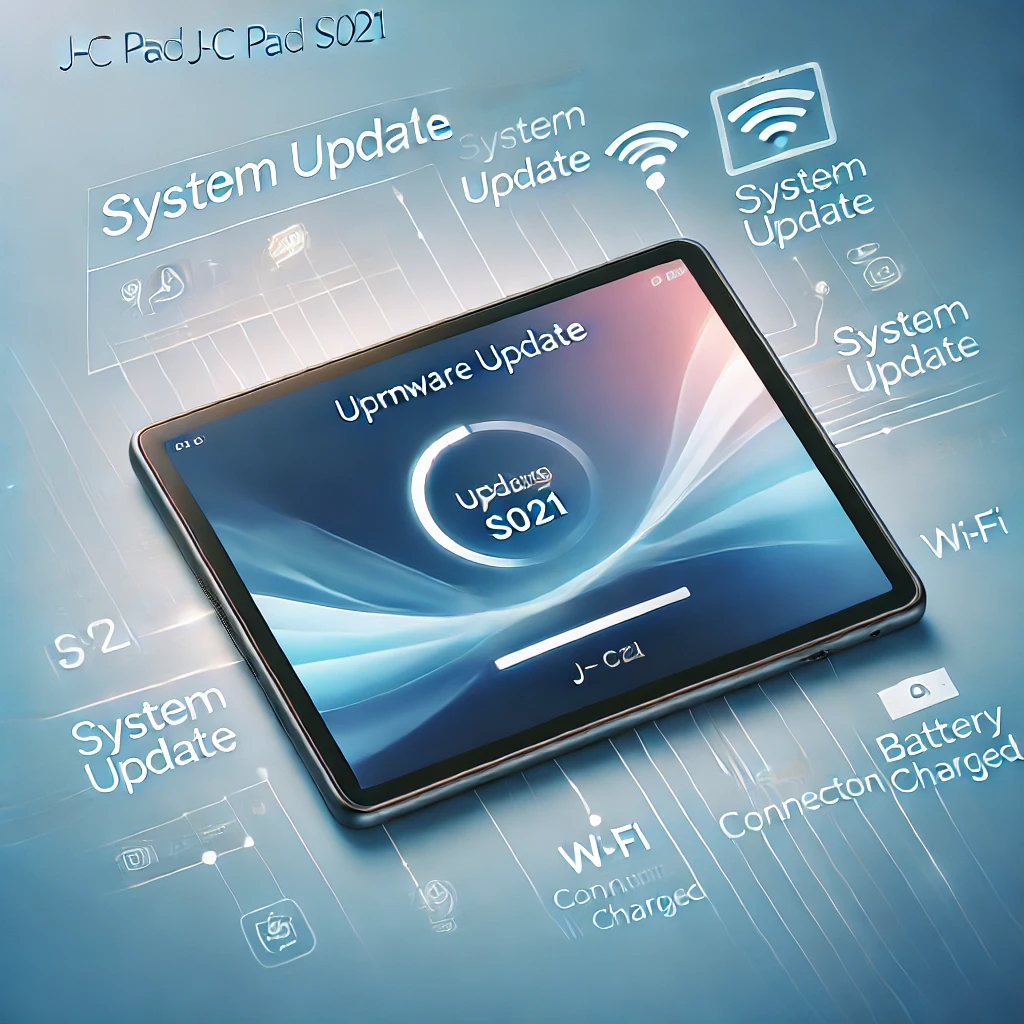So, you’re here because you’ve come across 111.90.188.210:8080 and are wondering what it’s all about, right?
Well, you’re not alone.
People often ask, “What’s the deal with this IP address, and why is it connected to a port like 8080?” Let’s break it down together.
First off, 111.90.188.210:8080 is an IP address and port combo used for internet access, but what does that mean for you?
If you’ve ever wondered whether it’s secure, legit, or something you should be worried about, you’re in the right place.
We’re going to dig into this in plain English, so no tech jargon or fancy words. Ready? Let’s go!
What Does “111.90.188.210:8080” Mean?
It looks like a bunch of numbers, right?
But those numbers matter.
Here’s the easy version: 111.90.188.210 is an IP address—a label for a device connected to a network.
Think of it like a house address on the internet.
Port 8080? That’s like a specific door to that house.
You usually find ports used for specific services. In this case, port 8080 is typically used for web servers, sort of like an alternative to the standard port 80.
So, when you see 111.90.188.210:8080, it’s saying, “Hey, I’m trying to reach a web service on this IP through this specific door.”
Is 111.90.188.210:8080 Safe?
Good question, and the answer depends.
111.90.188.210:8080 could be perfectly safe, but it could also be a doorway to something sketchy.
Why?
Well, port 8080 is often used for testing and non-standard web services, which means it’s not the typical way to access a website.
You should definitely double-check where you’re being directed.
If it’s something unfamiliar or feels off, don’t click.

Common Concerns Around 111.90.188.210:8080
“Is this IP tracking me?”
Short answer: Not directly.
An IP address like 111.90.188.210 doesn’t track you in itself. It’s just a way for devices to communicate on the internet.
But if you’re being sent to 111.90.188.210:8080 through sketchy links, it could be part of a more elaborate setup where data can be collected.
Always keep an eye out for weird links or redirects.
“Why Port 8080? Should I worry?”
Port 8080 is often used by developers for testing. It’s an alternative to the more commonly used port 80, which is standard for websites.
But just because it’s port 8080, it doesn’t mean you should automatically trust it.
If you’re being sent to 111.90.188.210:8080 without any context, be cautious. It’s always good to ask why you’re being directed there in the first place.
How to Check if 111.90.188.210:8080 is Safe
Now that we’ve covered the basics, let’s talk about how you can check if 111.90.188.210:8080 is safe.
Here are a few tips:
- Use IP lookup tools: Websites like WhatIsMyIPAddress or IPVoid allow you to check details about the IP. You’ll get an idea of where it’s located and if it’s linked to any suspicious activity.
- Check for SSL certificates: When visiting a web page through 111.90.188.210:8080, make sure the website has an SSL certificate (you’ll see a padlock icon in the browser). No padlock? Big red flag.
- Trust your gut: If something feels off, it probably is. If you didn’t request to visit 111.90.188.210:8080, it’s a good idea to back off.
Real-Life Example of Port 8080 Use
Let’s say you’re a small business owner and your web developer is working on a new feature for your website.
The developer might use port 8080 to test that feature before it goes live.
This is super common in web development.
But unless you know the person running the server, you probably shouldn’t mess with 111.90.188.210:8080 links that show up out of nowhere.
Can You Block 111.90.188.210:8080?
Yes, you can.
If you feel unsure about an IP like 111.90.188.210, you can block it through your firewall settings.
Most routers and security software allow you to block IP addresses to prevent communication with them.
This is a good option if you’re seeing multiple suspicious requests to this IP.
Frequently Asked Questions About 111.90.188.210:8080
Can an IP address harm my device?
An IP address on its own can’t harm your device.
But the website or service you connect to through it might have malicious content. Always make sure the site is secure before engaging with it.
Should I be worried if I see 111.90.188.210:8080 in my browser?
Not necessarily.
It could be something benign, like a service you’re using.
But if you didn’t request it and it looks unfamiliar, it’s a good idea to avoid it and double-check the source.

Can I report 111.90.188.210 if it looks suspicious?
Yes, you can report IP addresses like 111.90.188.210 to services like AbuseIPDB. This can help others avoid potential threats.
Final Thoughts on 111.90.188.210:8080
To wrap it up, 111.90.188.210:8080 could be nothing to worry about—or it could be a doorway to something you want to avoid.
It’s all about context.
If you know where it’s coming from and why, you’re probably fine. But if it’s random, trust your instincts and don’t engage.
When in doubt, always double-check.
Remember, 111.90.188.210:8080 might be the address, but you’re the one in control of where you go next.












